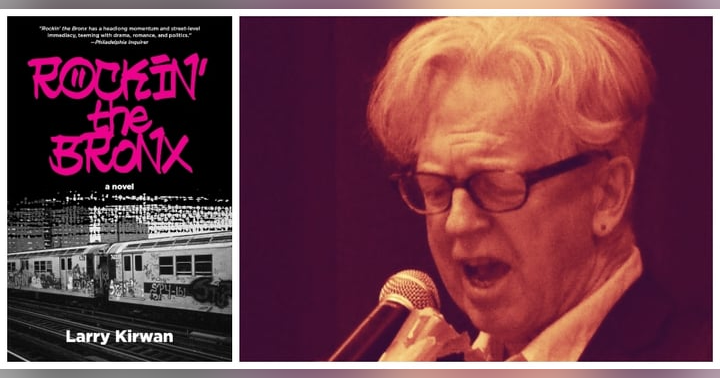Marguerite Moore Suffragette and Patriot (1846 – 1933)

Marguerite Moore was born Marguerite Nagle in Waterford, Ireland in 1846. Her precise date of birth is unclear. Tragically by age 12 she had lost both her parents. The orphaned Marguerite was enrolled in the Sacred Heart Convent boarding school in Roscrea, Tipperary under the care of the Rev. Edward Walsh. While at school she became friends with Mary Jane Irwin, the future wife of Jeremiah O'Donovan Rossa. That friendship would persist across time and both sides of the Atlantic.
Have you listened to our podcast? Get the latest on our Episode Page.
Shortly after concluding her education in Roscrea, she married John Henry Moore and settled in Moville, Donegal on the Inishowen penninsula. Together the couple had seven children. Margueritte began her activisit career in Donegal by establishing a division of the Ladies Land League (LLL), an organization established in 1881, initially supporting and then sustaining the Land League during the imprisonnment of the male Land League leaders. The women leaders, under the guidance of Anna Parnell, sister to Charles Stewart Parnell, proved to extraordinarily effective organizers and their continued the fight for fairer land rights for Irish tenant farmers against oppressive landlords.
Moore quickly rose through the ranks of the LLL, demonstrating both oratorical and organization skills as she travelled across Ireland in support of fairer treatment of small Irish tennant farmers. While in Offaly in February of 1882, Moore was arrested for the crime of attempting to "excite discontent in the mind of Her Majesty's subjects". She was sentenced to six months in Tullamore Jail, ultimately serving two months before being released.
Tullamore Jail
The LLL was disbanded in 1882 with the release of the male Land League leaders and a fractious dissagreement over the future role of women in the movement. It seems, Moore's husband died around this time and a widowed moore along with her children decided to set sail for New York City in 1884, carrying her activism across the Atlantic. There, she immersed herself in the Irish nationalist movement, raising funds and rallying support for Irish Home Rule. However, her fight for equality extended beyond national borders. Joining the Women's Suffrage Association, she became a potent force, demanding the fundamental right to vote for women, then denied based solely on their gender.
Moore's activism resonated beyond suffrage. Recognizing the interconnectedness of social injustices, she fought tirelessly against child labor and advocated for workers' rights. Her voice resonated at rallies, urging for change with the conviction of someone who had seen and experienced firsthand the consequences of inequality.
Her leadership extended beyond single-issue activism. She served as vice-president of the Universal Peace Union, recognizing that true justice meant dismantling systems of oppression across all spheres. She actively participated in the Woman's Press Club of New York City, wielding the power of the pen to raise awareness and foster intellectual discourse. Her engagement with the Parnell Branch of the Irish National League demonstrated her unwavering dedication to her Irish roots, even as she embraced her new American identity.
Moore's life wasn't just about speaking truth to power; it was about building bridges and fostering inclusivity. Her activism transcended social barriers, forging alliances with diverse groups who shared her vision for a more just world. She understood that collective action was essential for lasting change, and her relentless spirit inspired countless others to join the fight.
Throughout her life, Moore remained on the frontlines, even as years etched their passage on her face. She was an active supporter of Henry George and his campaigns for the New York City Mayoralty in the latter part of the 19th century. In 1920, at the age of 74, she joined a three-and-a-half-week strike, showcasing her unwavering commitment to workers' rights until her very last breath.
On February 6, 1933, at the age of 87, Moore's voice fell silent. Her life was a testament to the power of an individual fueled by a passion for justice. She wasn't just an Irish suffragette; she was a champion for marginalized communities. A more comprehensive profile of Moore's life is available at the New York Irish History Roundtable Archive

















